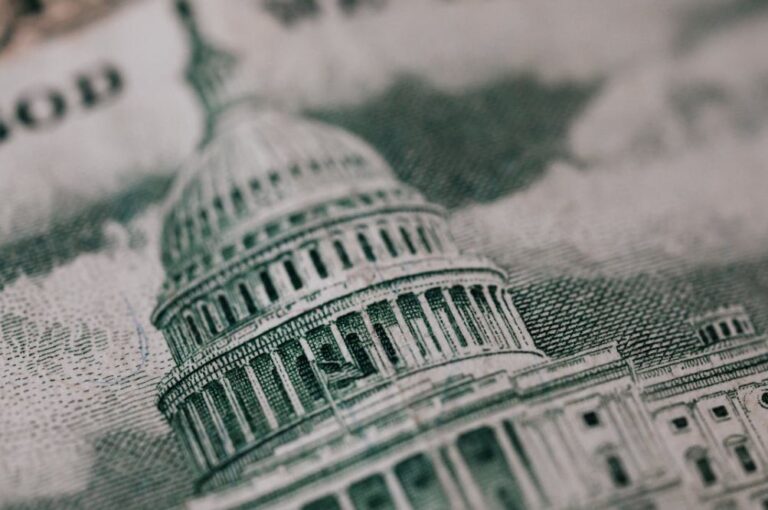Saying goodbye to the U.S. dollar, to escape the economic power wielded by the U.S. At the summit of the Brics countries, a global discussion has opened. Namely, the introduction of a common currency for the 5 countries that share a developing economic situation.
This proposal, put forward by Brazilian President Luiz Inácio Lula da Silva, is one of the focal points of the meeting, as it could bring about a significant change in international trade patterns.
Table of Contents
The path to a single currency
The idea of introducing a single currency alternative to the U.S. dollar was initiated by Lula da Silva, although it had been discussed in the past by China and India, with the aim of facilitating trade among Brics countries, avoiding the need to depend on the currency of a third nation.
This proposal aims to create an independent financial option for nations such as Brazil, Russia, India, China and South Africa.
The main goal of this single currency is to promote greater economic cooperation among the nations involved, creating a direct channel of exchange and minimizing the influence of the currencies of other world powers.
This currency “will allow more trade between countries like Brazil and South Africa without depending on the currency of a third country,” the Brazilian leader said, referring to the dollar.
“Cooperation among the countries of the Global South is essential to address inequality, the climate crisis and for a more balanced and equitable world,” added Lula, who would like to incorporate into the Brics also Argentina and Saudi Arabia, later showing support for the entry of Iran.
The impact on the dominance of the dollar
The aspiration to introduce a single currency in the Brics countries is not new. Lula has long promoted the idea of overcoming the dominance of the U.S. dollar in global trade. This approach finds fertile ground especially in Beijing, where there is an interest in promoting the use of the renminbi in international transactions.
The possible creation of a single currency within the Brics could pose a challenge to the dominance of the dollar, triggering a possible collapse of the U.S. currency. However, experts stress that achieving this goal will require careful planning and solid cooperation among the nations involved.
While the proposal for a single currency of Brics countries raises interest and debate, it is crucial to consider the challenges and impacts it could bring. Critics raise doubts about the feasibility of such an initiative.
However, the willingness to challenge the dominance of the dollar and promote economic cooperation among the nations of the global South is a sign of a growing challenge to the global financial order.
Read also: Brazil and Argentina may have a single currency: what is the “Sur” project
Brics countries summit in Johannesburg
The Brics Countries Summit, held Aug. 22-24, 2023 in Johannesburg, brings together the leaders of Brazil, Russia, India, China and South Africa to address issues of common concern.
While some leaders are attending in person, such as South African President Cyril Ramaphosa, Chinese President Xi Jinping, Brazilian President Luiz Inácio Lula da Silva and Indian Prime Minister Narendra Modi, others are attending virtually due to special circumstances, such as Russian President Vladimir Putin, represented by Foreign Minister Sergei Lavrov.
Since Russia’s 2022 invasion of Ukraine, President Putin has been able to rely on members of the Brics countries for support both diplomatically and economically. In particular, China has offered explicit support, helping to mitigate Russia’s diplomatic isolation. India, on the other hand, has sought to mitigate the impact of international sanctions through a more nuanced stance.
The introduction of a single currency in Brics countries represents a bold attempt to create a financial system that challenges the dominance of dominant currencies.
Although doubts and obstacles are present, this initiative paves the way for new models of international exchange and reflects the Brics countries’ aspiration to promote greater financial autonomy.
Read also: Will BRICS emerging countries wage (economic) war on the West?












